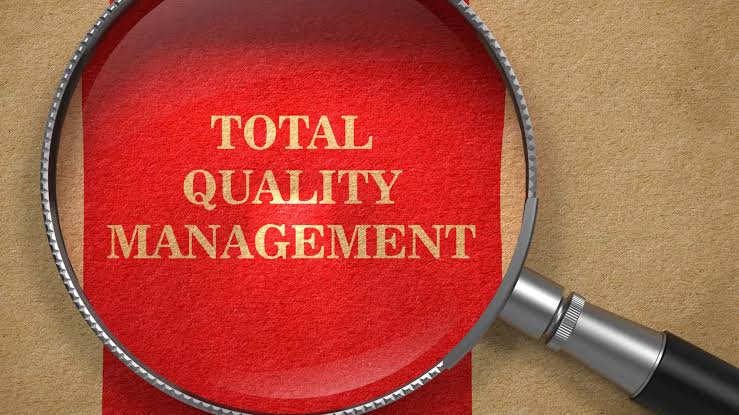 Image Source: PharmaState Academy
Image Source: PharmaState Academy
India's third-largest pharma industry by volume in the world stands at a crossroads as it navigates through a period of high-intensity technical transformation and growing global demand for quality and innovation. But the biggest danger to this advancement is an acute shortage of skills within the workforce.
A PwC report recently identifies that 43% of pharma organizations are hampered by digital transformation because of talent gaps, and India Skill Report 2022 discovered that just 44% of pharmacy graduates are employable. This gap occurs at the education level where learning in new technologies such as AI, ML, big data analytics, and international regulatory guidelines is not included in courses. In contrast to the US and Europe, where industry-academia partnerships are robust, India's partnerships are poor and are slowing down the adoption of digital.
To meet these challenges, the government and industry leaders have initiated several programs. The Life Sciences Sector Skill Development Council (LSSSDC) under the Skill India mission has thus far skilled more than 500,000 pharma manufacturing and regulations compliance professionals. State governments such as Telangana are also coming forward and are going to skill 50,000 graduates in the next six years for pharma research and manufacturing positions.
Big pharma firms are launching digital upskilling initiatives in robotic process automation, cloud quality control, and AI-based drug testing. Industry-sponsored certifications in biosciences, regulatory affairs, and biopharmaceutical manufacturing are making recent graduates more hirable, but the industry urgently needs such initiatives to be extended to smaller companies, which dominate the industry. The trend toward biologics, gene therapy, and precision medicine enhances even more the demand for biotechnology, bioinformatics, and new drug delivery systems skills. Research institutions and universities need to revise curricula to include such new areas of study in order to continue competing internationally.
A quality-first pharma business thrives on learning continuously. Organizations can achieve this by providing micro-credentials, online certificates, and courses that enable employees to upgrade their skills without having to leave work. AI-based research, digital supply chains, and global regulatory affairs are easier to train on using online platforms.
And lastly, talent building and skilling are not just a necessity-they are a competitive advantage. Its skilled people will make India even more competitive globally, attract investment, stimulate innovation, and solidify its leadership role in gene therapy and biosimilars. To become a world leader in drug production as well as pharma innovation, India requires business, academia, and government to step forward to close the skill gap and future-proof the workforce.
Source: ET Pharma
Advertisement
Advertisement





